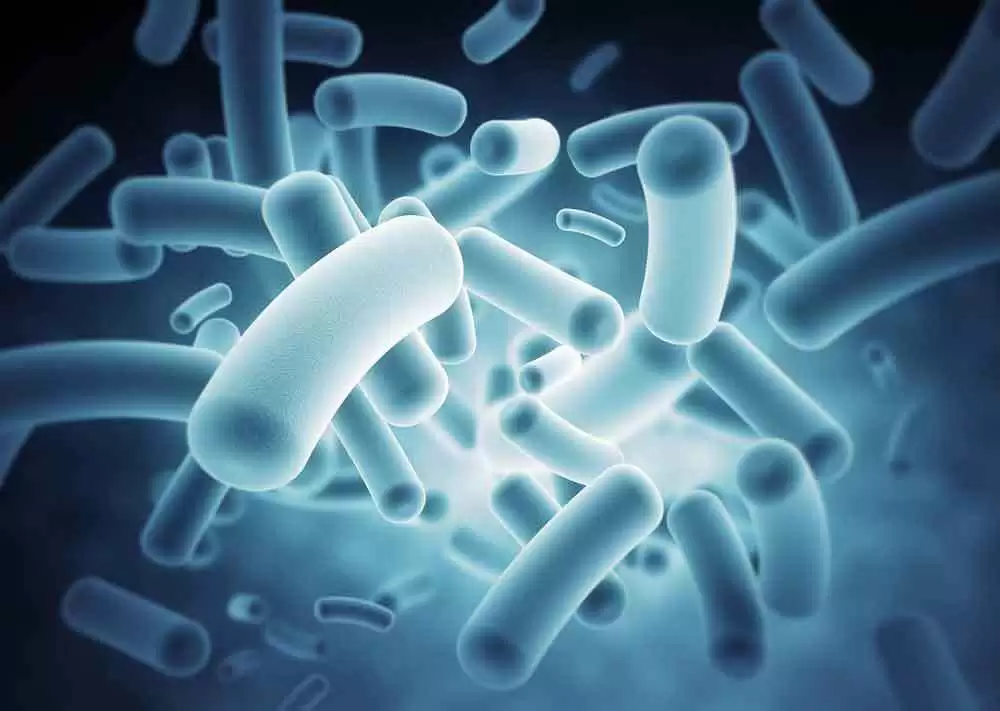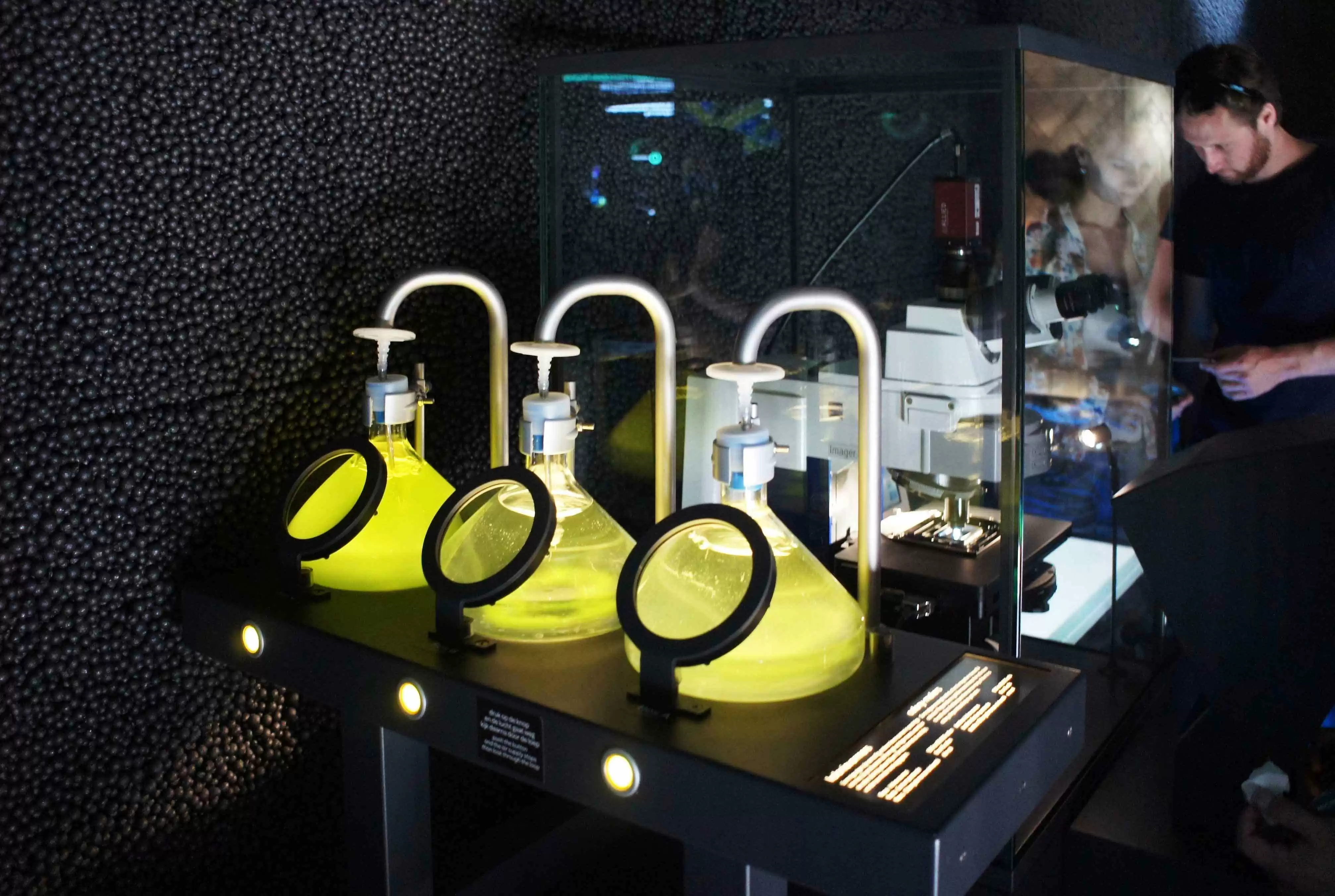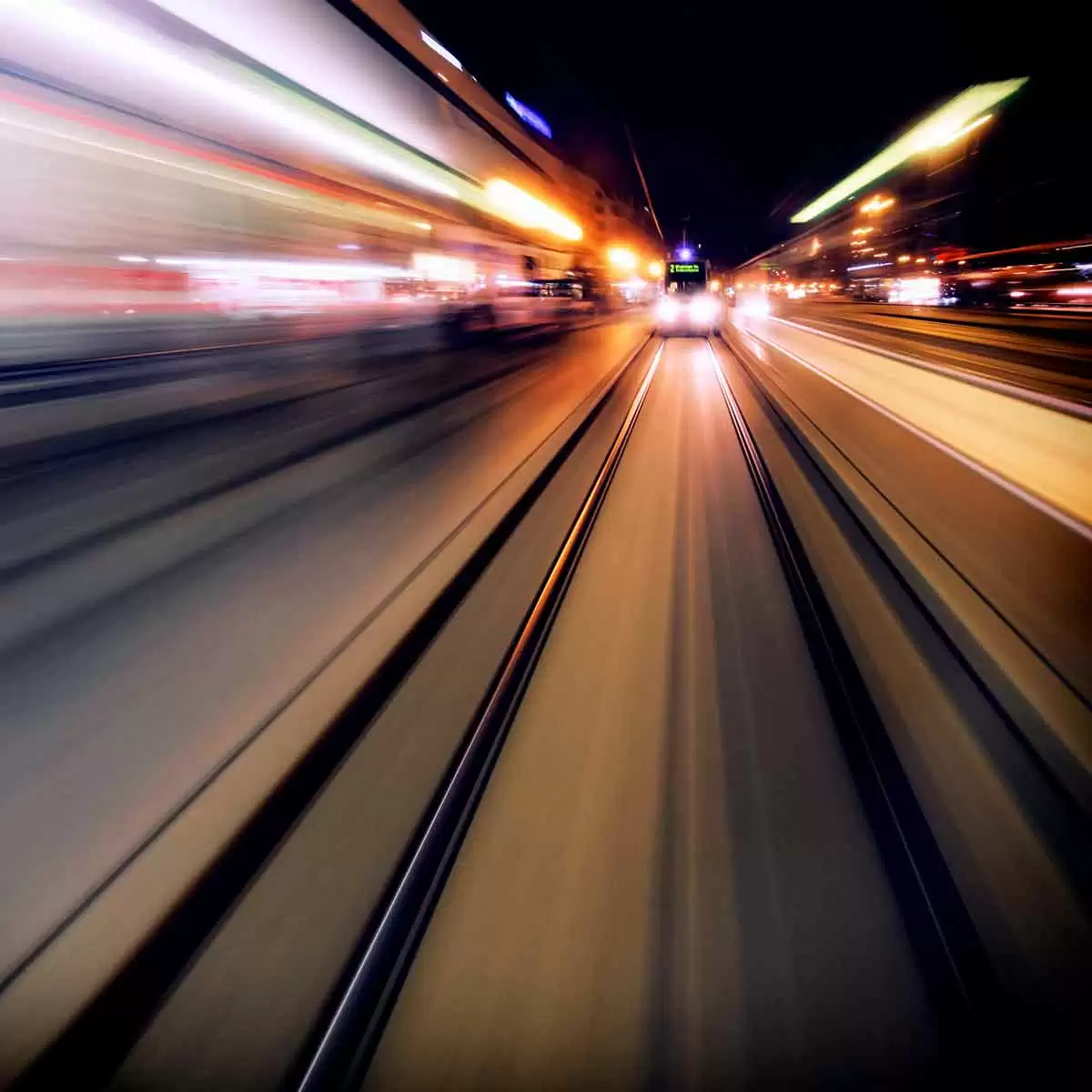
Celiac.com 11/03/2022 - Fair warning, this article talks freely about poop, poop storage, and poop replacement. Basically, this article is all about poop, and the role it might plays in your future good health, so if that's an issue, now is a good time to tune out, or in if you want to learn more.
The crucial role of the gut microbiome in maintaining human health is just beginning to be understood. Many different cultures, and more than a few scientists, talk of a gut/brain connection. And healthy poop plays a major role in a healthy gut.
Celiac.com Sponsor (A12):
We know that patients with C-diff and other gut maladies can benefit from fecal transplants from people with healthy guts. It's done via a medical procedure called fecal microbiota transplantation, or FMT.
Some research shows FMT may help treat inflammatory bowel diseases, such as Crohn’s or ulcerative colitis.
Studies in animals indicate that FMT may help treat obesity, lengthen lifespan, and reverse some effects of aging, such as age-related decline in brain function. Other clinical trials are assessing its potential for treating cancer.
Now scientists are taking a serious look at the idea that banking fecal samples when we're young, and implanting them in our colons later in life, might help reverse damage, and restore gut health. The science behind this is not robust at the moment. It is mainly anecdotal and relies, in part, on extrapolating benefits from existing fecal transplants and extending those to regular people as a way to treat potential conditions later in life.
Even so, a number of researchers are taking the lead and encouraging existing stool banks to permit regular folks to bank their poop now, so they can use it in the future when there is more science done to support the concept.
That means the researchers feel strongly that future research, data and clinical experience will back them up and confirm their bet. Believe it or not, poop banks are already a thing. Just like sperm banks or blood banks, or any number of other banks for health-related specimens, stool banks exist for treating some of the conditions we've mentioned.
So, the whole process of banking poop, would be pretty simple. You would head to your local stool bank. You would then provide a sample, which the bank would screen for diseases, wash, process, and deposit into long-term storage.
Then, later in life, your doctors could access the sample for implantation to treat inflammatory bowel disease, heart disease, or type 2 diabetes, or even to restore your gut after medical treatment that wipes out your microbiome, like antibiotics or chemotherapy.
In such cases, doctors could use medical procedure called fecal microbiota transplantation, or FMT, to implant your banked stool to revitalize your gut microbiome to its earlier, healthier state, Scott Weiss, MD, Harvard Medical School professor and a co-author of a recent paper on stool banking, told reporters.
However, Weiss adds, it is best to use healthy samples, so ideally banking stool between the ages of 18 and 35, or before any serious medical condition impacting the gut. Although samples provided by people who are still healthy, even into their 50s, could still be helpful later.
Certainly, a world in which we can treat major diseases with a simple transplant from our personal stool banks is an intriguing and attractive one. Just how much benefit can be gained from FMT remains to be seen, but results like these are encouraging. Stay tuned for more on this and related stories.
Read more on this topic at WebMD.com










Recommended Comments
Create an account or sign in to comment
You need to be a member in order to leave a comment
Create an account
Sign up for a new account in our community. It's easy!
Register a new accountSign in
Already have an account? Sign in here.
Sign In Now